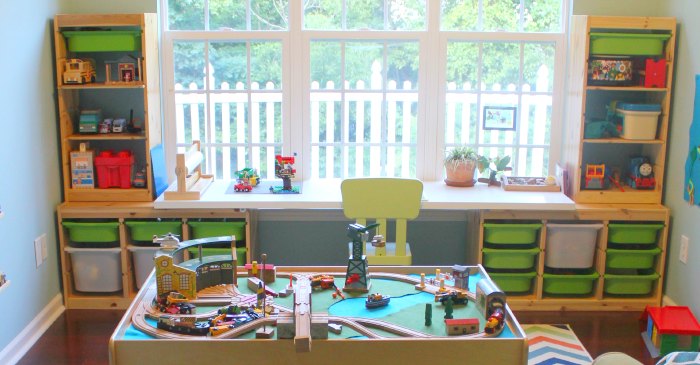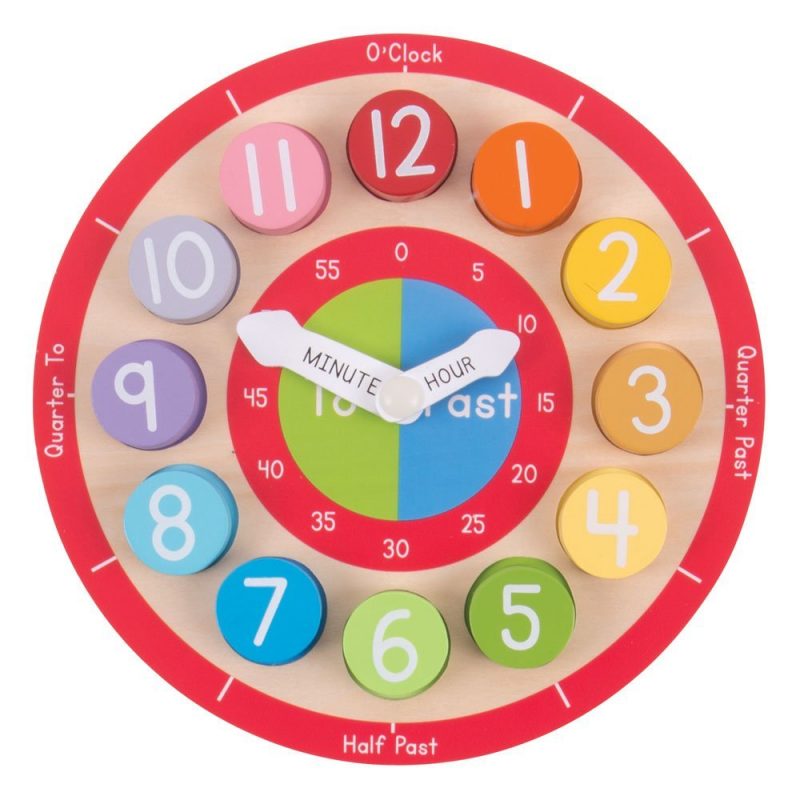No products in the cart.
Seven Tips to Help Your Child Learn at Home
April 19, 2019

Back to school? Busy lifestyle? Considering how to help your child learn at home? Children who receive support at home learn more at school and have a more positive attitude to learning. Here we list a few tips that are easy to fit within busy lifestyles to help children learn at home.
1. Learn about their learning!

What will your child learn in literacy and maths? What is the term’s theme/topic? Which books will they be reading? How can you support their work at school? You can learn a lot by meeting your child’s teacher and attending information days. You can learn about the National Curriculum here. Talking to your child and observing their interests helps you to learn about their learning styles and favourite subjects.
2. Create a calm environment

A quiet clutter-free space with no distractions dedicated to your child can be their learning haven. Suitable furniture and lighting for your child help them maintain a good posture while learning with minimal strain. Why not transform their learning space into their favourite corner, not just for homework, but for reading, playing games and just to spend a quiet time relaxing? You can decorate it with their favourite and include books and educational toys that support their learning.
3. Find the right time
You know your child, when they are tired, sleepy or just want time off. Consider the best time to learn at home or do homework. Avoid interrupting favourite activities so that learning doesn’t become a chore. Having a routine, possibly with a favourite activity after homework or learning at home, can help manage expectations.
4. Little but often
Whether it is reading, writing or practicing sums, even 10 minutes a day regularly can make a big difference to your child’s attainment at school. Shorter periods of learning can work better than longer sessions, especially with one-to-one attention.
5. Read, read & read

Children who read more, achieve more. Reading is the single skill that will help your child in many subjects at school. Graded books used at schools are designed for children to read with confidence while developing new vocabulary and comprehension at their reading level. Supporting this at home is great. However, you can also nurture the love of reading for pleasure from a wide range of fiction and non-fiction books. Bedtime stories, listening to audio books or just encouraging your child to snuggle with a book will open the doors to a world or imagination and learning.
6. Praise your child and give positive feedback

Whether it’s by hanging a painting they made at school, adding a sticker to a reward chart or whispering in their ear how proud you are of them, praising children gives them the confidence to learn and achieve. Yet, importantly, providing positive feedback in a gentle way helps your child to learn from mistakes and guides and motivates them to try again.
7. Unlimited learning!
The home environment can provide numerous opportunities for learning away from the time and practical constraints at schools. Capitalise on learning opportunities from everywhere and anywhere: from the garden, on a day trip, playing games, from watching a movie or helping with DIY! Observe your child’s interests and create opportunities for them to nurture learning. Encourage your child to actively observe the world around them, discuss cause and effect, analyse results prompt them to reflect on results. This will help give your child real-life thinking and analytical skill, which in turn will support their learning journey at school.



 01782 698558
01782 698558




